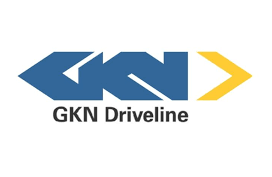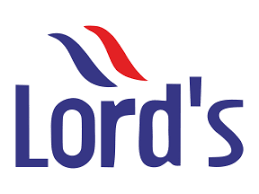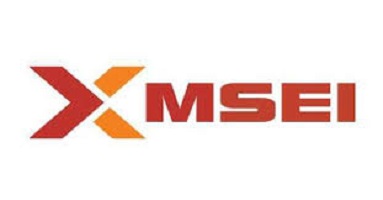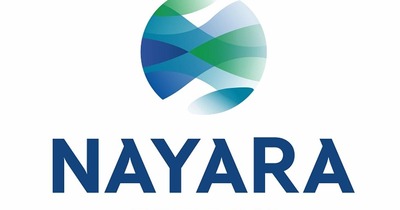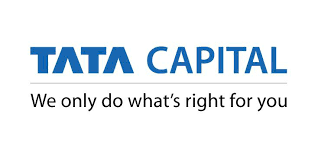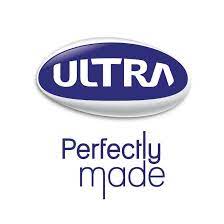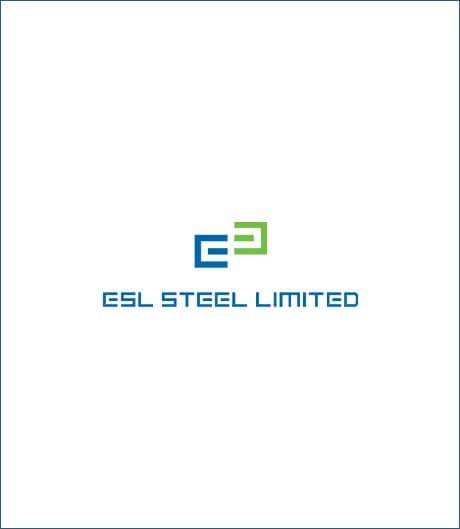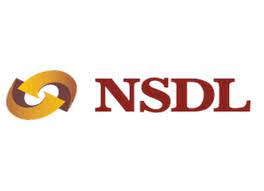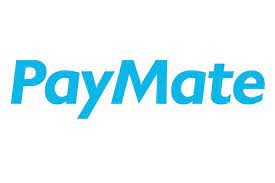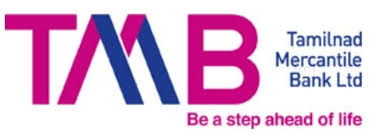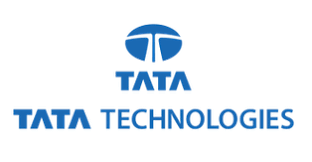List of Unlisted Companies
We cover data points on more than 300 unlisted companies and startups. For any help or assistance you can reach out to our team on info@altiusinvestech.com or +916289225026.
Most popular companies
Other companies
Companies with limited availability
Now listed companies
No Longer Tradable
| Company Name | ||
|---|---|---|

|
Aricent Technologies Ltd. | Info |

|
Epiroc Mining India Ltd. | Info |

|
Fincare Business Services Ltd. | Info |

|
Hella India Lighting Ltd. | Info |

|
Reliance Retail | Info |
Featured Blogs
F.A.Q
-
What are unlisted shares?
Equity shares of a company that are not yet listed on the Stock Exchanges like BSE, NSE, MSEI, etc. are called unlisted equity shares.
-
Who sells private shares?
Existing stakeholders, promoters or employees who have equity shares of an unlisted company and early investors who wish to get value of their investment. We create a platform for people to sell their ESOP shares to us at attractive valuations, creating liquidity for companies.
-
What are pre-IPO shares?
Pre-IPO shares are of companies who are up for an Initial Public Offering, for listing the company on a Stock Exchange. An IPO event is recognised as unlocking true value out of a company’s share as it is available for everyone to buy and sell on an exchange.
-
What are the pros of Investing in Unlisted Shares?
- Reasonable Valuations Unlisted/Pre IPO trade a certain discount to their listed comparables and thus generate superior returns
- Preferred Access Invest with VCs and Private Equity Funds in companies which are not otherwise available to retail investors
- Diversification Get access to sectors/geographies which are not currently present in the listed markets (Eg. Startup space, Gaming Industry, IPL via CSK etc)
-
What are the cons of investing in unlisted shares?
Investing in unlisted shares limits liquidity and transparency as they aren’t traded on public exchanges, making it hard for investors to assess a company's financial performance. Altius addresses these challenges by providing comprehensive information on its platform, enhancing accessibility and mitigating risks associated with unlisted investments.
-
Which is better- Listed or Unlisted company?
It depends on an investor’s investment goals, risk tolerance, and market conditions. Although listed companies offer better liquidity, unlisted companies give opportunities for high returns, especially in startups.
-
What is the type of risks associated with an investment in unlisted shares?
- Liquidity Risk: Since the shares are not traded on an exchange, they are subject to liquidity risk.
- Niche Market: The market for unlisted shares is relatively smaller than the one on a stock exchange.
-
Are the shares of private companies in DEMAT form?
Yes, most shares are transferable through the DEMAT process. Some private companies might be transferred through physical mode as well.
-
Can I transfer physical shares of unlisted companies?
As of April 1, 2019, the transfer of shares in physical form for public limited companies has been discontinued. However, the transfer of unlisted shares remains permissible. Ensuring the proper transfer of physical shares of unlisted companies involves completing necessary documentation, including share transfer forms, paying stamp duty, and verifying signatures for authenticity and legality.
-
Can an unlisted company give dividends?
Yes, unlisted companies can distribute dividends to shareholders, subject to the company’s dividend policies and profitability.
-
Which companies have given the maximum returns in recent years in India?
Some of our notable exits in the last decade include:
- Tata Technologies (7X Returns in 2.5 years)
- ICICI Lombard (9.7X in 5years)
- BSE Ltd. (8.9X in 5.5 years)
-
What are our previous investments?
We have been active in unlisted space for the last 20 years. You can click here for a detailed table on our past investments and exits.
-
What is the exit timeframe for any investment in unlisted shares?
The time frame varies from company to company and in what stage of business the company is in. 2-5 years is considered an average timeframe for investments in unlisted shares. If the company does not come up for an IPO, the investor can sell the shares in the active grey market. We actively provide a two-way quote in most of the stocks we deal in.
-
Can FPI invest in unlisted shares?
Yes, FPIs or Foreign Portfolio Investors can invest in unlisted securities as set by SEBI.
-
How to calculate the fair market value of unlisted shares?
These are a few ways in which Unlisted Shares can be valued:
- Discounted Cash Flow Method: Estimates present value by projecting future cash flows for an investment.
- Relative Valuation Model: Compares a company's value to competitors or industry peers for financial assessment.
- Market value: Reflects the price the asset would fetch in the market, influenced by buyer and seller dynamics.
-
What are the tax implications on unlisted shares?
Income Tax on Trading (Click on link) in unlisted shares is similar to the tax treatment of other capital assets (Click on link). The following are the income tax rates on the sale of unlisted shares of a Domestic Company or Foreign Company.
- STCG (Short Term Capital Gains): Stocks held for less than 24 months | Profits are taxed as per the investor's tax slab for the year.
- LTCG (Long Term Capital Gains): Stocks held for over 24 months | Profits are taxed at 20% with indexation.
- In the case of a Non-Resident, LTCG on Unlisted Stock is 10% without Indexation.
-
Is STT levied on unlisted shares?
No, Securities Transaction Tax or STT are not applicable to transactions involving unlisted shares. It is only levied on transactions that are executed on recognized stock exchanges in India. Unlisted shares are traded through private transactions.
-
What is the ITR form for unlisted shares?
Depending on their income sources and filing requirements, tax filers can use ITR-2 or ITR-3 forms to file ITR on income earned from unlisted shares.
-
Do you have to declare unlisted shares in ITR?
Yes, Unlisted shares need to be declared in ITR or Income Tax Return, complying with tax laws and regulations. Additional details you need to provide:
- Opening balance as on start of financial year. (say, April 1st 2023)
- Unlisted shares acquired during the year: Date of purchase, face value of shares, purchase price per share.
- Unlisted shares sold during the year and the amount received
- Closing balance as on Year-end. (March 31st, 2024)
-
Is Altius Investech a registered investment advisor?
We are not a registered Investment Advisor and we do not recommend to buy/hold/sell any shares. Please consult your financial advisor before investing.
-
What is the minimum amount to buy unlisted shares in India?
Minimum investment for unlisted shares is Rs. 10,000.
-
Can I buy unlisted shares through Zerodha?
The Zerodha demat account cannot be used to buy unlisted securities. However, it can be used to hold unlisted securities electronically if they are available in the depository.
These are tentative prices based on industry estimates. Prior to making any investment or financial decisions, one should carefully study and ensure that they understand and exercise due care and discretion in considering their investment objective, risk appetite and personal circumstances against the risk of the investment. It is advised to seek independent professional advice in case of doubt.
Stay Connected.
Registered Address
73A, GC Avenue, Kolkata -13Corporate Address
Floor 5 , unit 501 Merlin Infinite DN-51, Street Number 11, DN Block, Sector V, Bidhannagar, Kolkata, West Bengal 700091Chennai Office
19/10, Guru Vappa Chetty Street, Chintadripet, Chennai - 600002
Dubai Office
2701, Executive Tower G, Business Bay, Dubai, UAE
Andhra Pradesh & Telangana Office
54-19-25/1, Flat no.101, Sai Residency, Nelson Mandela Park Road, LIC Colony, Vijayawada (Urban), Andhra Pradesh - 520008Altius Investech



















